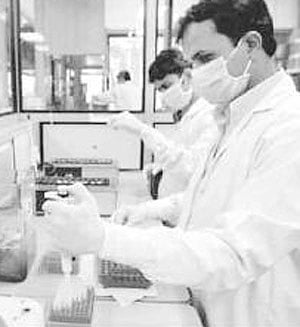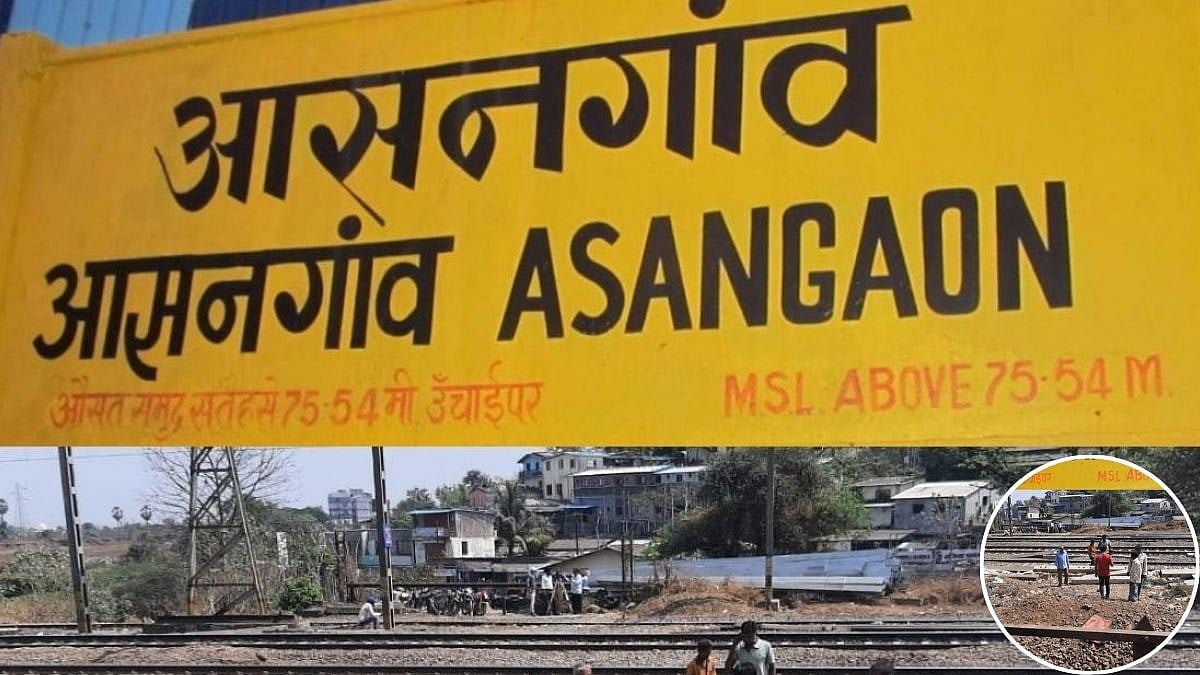In a globalized world where everyone is connected to everyone with a swipe of a finger, then why does our government put such a strong emphasis on manufacturing all goods in India? Yes, economic success is a very big part of it, but the fundamental goal is to make India Aatmanirbhar, which means completely self-sufficient.
Even though we call this world one globalized society, but any events that occur outside of India become a matter of concern for India. Yes, it should be from a humanity standpoint because India is known for its culture and empathy, humanity, and compassion. But humanity is also impacted when people suffer unduly because there is the unavailability of medicine.
India is known for having the capacity and the capability to secure not only the local drug supply but also cater to Africa, America and the Europe markets. Whether it’s the Russia Ukraine issue or china facing yet another Covid wave, Indian pharmaceutical industry gets impacted by all due to its widespread trades ties. The drug supplies could potentially be at stake given the significant dependency of raw materials outside of the country and the distorted supply chain structure given the after effects of the pandemic.
Using our expertise in the pharmaceutical industry, India is constructing the world's largest and first smart ecosystem, setting a new international benchmark for sustainable industrial cities. A vast patch of arid shrubland the size of nearly 14,000 football fields on the outskirts of Hyderabad, India, is becoming a trial ground that could help the world minimize the reliance on Chinese drug ingredients.
The Hyderabad based Pharma City, which is identified by scuffed signposts and a rubble-strewn entry road, is expected to bring in $8.4 billion in investment and employ 560,000 people. Officials claim that once the land is allocated, it will begin rolling out critical raw components for medicines like penicillin, ibuprofen, and anti-malarial that can travel all across the world.
The cluster will provide a centralized smart infrastructure for R&D and manufacturing units. Thereby minimizing not just the capital outlay but will also harness the true value of symbiotic coexistence optimizing the operational footprint of the industries. With the aim to elevate the environmental standards to efficient and cost-effective common effluent treatment lines, Pharma City is designed to become the jumpstart platform for companies.
With moves to cut health expenditure across continents, the pressure on the global drug industry to reap more from less is favorable. The pharmaceutical industry's market focus is turning to the emerging economies in order to generate high-quality, low-cost medicines. Over the last two decades, India's pharmaceutical industry has grown at a rapid pace, and it now holds a significant position in the global pharmaceutical sector, with the highest number of FDA manufacturing facilities outside of the United States.
India is focused towards gaining control from China, which supplies over 70 percent of the active pharmaceutical ingredients — or "bread-and-butter chemicals" — that go into the medications made by the Indian pharmaceutical industry. It is a massive undertaking that demonstrates governments' growing support to strengthen the Indian Pharma industry and transform the country into a scientific research hub. The planned Pharma City is well placed to develop bulk drugs and endeavours to enable India to cut costs by and provide access to drugs with a competitive pricing. This has been possible given the streamlining of approvals on infrastructure and pollution clearances and bringing down capital and operational costs.
With the development and planning of the pharma hub, the Indian pharmaceutical industry is bracing for disruptions in supplies of active pharmaceutical ingredients (APIs) and intermediates within the next two years and will be rolling out vital raw ingredients for essential and rare drugs that make their way around the world.
(Raheel Shah is Director at BDR Pharmaceuticals)




